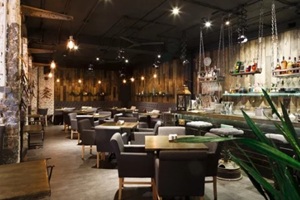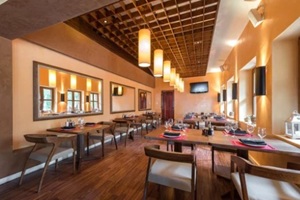 Operating a restaurant business in Hawaiʻi presents a great opportunity to combine passion, culture, and service. From traditional restaurants to family-run cafes, these restaurants and their owners are staples of Hawaiʻi’s culture. This is why protecting them is so important, not just for the tourist experience but also for the staff and owners who make the islands what they are today.
Operating a restaurant business in Hawaiʻi presents a great opportunity to combine passion, culture, and service. From traditional restaurants to family-run cafes, these restaurants and their owners are staples of Hawaiʻi’s culture. This is why protecting them is so important, not just for the tourist experience but also for the staff and owners who make the islands what they are today.
Hawaiʻi business insurance can help owners protect their restaurants from both predictable and unforeseen threats, covering not only the spaces and assets but also the time, income, personnel, and finances of the business.
Use this quick read to review the best practices for restaurant owners in Hawaiʻi to develop a business insurance strategy that makes sense for your restaurant or cafe.
1. Recognize the Risks
The first step to getting the right business insurance in Hawaiʻi is to consider the risks specific to local restaurants. As with any business, restaurants may deal with fire, theft, worker injuries, and power outages; for restaurants, this also means the possibility of food contamination. Owners also have to keep in mind risks that are specific to being in Hawaiʻi. These include:
- Severe weather, including hurricanes, floods, and tropical storms
- Above-average energy costs
- Frequent utility disruptions
- Supply chain delays to and from the mainland
- Other environmental damage, such as wind or salt damage
To effectively cover buildings, assets, and staff, restaurant owners need to personalize their insurance plans to cover those risks. For example, not all business insurance policies cover flood damage and hurricane damage in the same policy. Recognizing coverage gaps and closing them with the right add-ons and riders can keep a business up and running.
2. Know the Laws
Another important tip for local restaurant owners searching for the right business insurance is to know the laws relevant to their business:
1. Workers’ compensation insurance is legally required under the laws of Hawaiʻi’s Department of Labor and Industrial Relations. According to statute, HRS §386-121,
“Every employer, as a condition of doing business in the State of Hawaiʻi, is required to provide workers’ compensation coverage for all employees.”
In this requirement, no gray area exists. Hawaiʻi business owners must have workers’ compensation coverage to protect their workers in case of work-related injuries. This includes coverage to reimburse medical costs, legal fees, lost wages, and more.
 2. General liability insurance is not legally mandatory, but it is highly recommended. In some cases, it is required by vendors, landlords, or venues to protect restaurants from lawsuits related to property damage, personal injury, and bodily injury.
2. General liability insurance is not legally mandatory, but it is highly recommended. In some cases, it is required by vendors, landlords, or venues to protect restaurants from lawsuits related to property damage, personal injury, and bodily injury.
Depending on the public space usage, special events, service licenses, and location of the business, different levels of general liability insurance may be required. Even in cases where general liability insurance is not required, businesses should realize that even one uncovered event could bankrupt their entire operation.
3. Certain insurance types may be required per county. For example, while Hawaiʻi does not legally require liquor liability insurance, certain counties do require it through specific governing bodies, such as the Honolulu Liquor Commission.
Some areas, known as Special Flood Hazard Areas (SFHAs), require flood insurance. Knowing when insurance is required is necessary for remaining compliant in each area. Although these areas are broadly mapped, a professional insurance provider can more accurately determine requirements based on your exact location.
3. Consider Additional Coverages
In addition to general liability, workers’ comp, and weather-related damage insurance, Hawaiʻi restaurant owners should consider additional coverage options for more specific circumstances. For example, insurance riders for food spoilage, equipment failure, commercial auto coverage, cyber liability, harassment lawsuits, reputation protection, and more can be essential for certain eateries.
Additionally, umbrella insurance can make sure that the assets of the business are protected even if events pass the coverage limits of other policies.
4. Maintain Documentation
Insurance does not replace preparedness; a liability or damage claim will still rely on certain documents, including:
- Food safety certification
- Audit results
- Cleaning and maintenance logs
- Training certification
- Emergency preparation plans
Well-documented restaurants are more likely to make successful claims, efficiently pass audits, and more successfully protect their assets. Preparedness steps can include creating a checklist of all documents, making copies of each that are stored off-site, and confirming all documents with your insurance provider to determine if additional records may be necessary.
5. Partner with Local Insurance Experts
 Local insurance experts know the ins and outs of owning and insuring a restaurant in Hawaiʻi. At Atlas Insurance, our professionals leverage nearly a century of history helping restaurants and other businesses in Hawaiʻi personalize their insurance policies for their specific needs while remaining compliant with all state and local legal requirements.
Local insurance experts know the ins and outs of owning and insuring a restaurant in Hawaiʻi. At Atlas Insurance, our professionals leverage nearly a century of history helping restaurants and other businesses in Hawaiʻi personalize their insurance policies for their specific needs while remaining compliant with all state and local legal requirements.
Contact Atlas Insurance today to learn how we can help personalize your business insurance to better protect your assets, team, and finances in the years to come.
